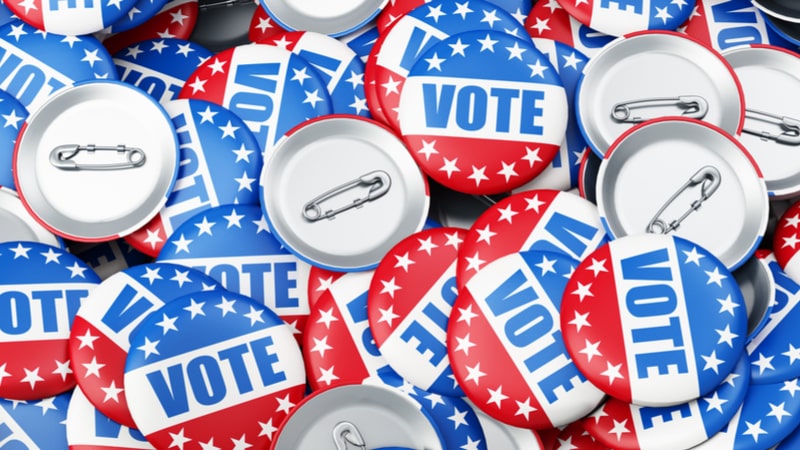
What’s in an app? For many people who have come to trust and use a dozen or more on their smartphones, it’s probably a question they stopped asking years ago.
But an apparent series of interconnected failures surrounding the use of a key vote-tallying phone app – plus delays associated with a phone-reporting backup system – derailed the reporting of the Iowa Democratic Caucus results last night, even as more states and localities are preparing to add app technologies to some aspects of their election processes.
The Iowa Democratic Party released a statement saying that it found inconsistencies in the reporting of three sets of results from last night’s caucuses, but emphasized that “this is simply a reporting issue, the app did not go down and this is not a hack or an intrusion.”

In a letter to the Iowa Democratic Party, the campaign of former Vice President Joe Biden tore into the group, citing “considerable flaws” and the inability of election officials to report results with the phone-reporting backup.
“The app that was intended to relay Caucus results to the Party failed; the Party’s back-up telephonic reporting system likewise has failed,” wrote Dana Remus, General Counsel for Biden for President. “Now, we understand that Caucus Chairs are attempting to – and, in many cases, failing to – report results telephonically to the Party.”
According to the New York Times, the app was built by Shadow Inc., and is also being used by the Nevada Democratic Party in that state’s Feb. 22 caucus.
The mishap from last night – the effects of which have continued well into Tuesday – reveal more concerns about implementing unproven technology within the processes for electing the next Commander-in-Chief. While there are differences in using technology-based voting systems and technology-based reporting systems, cybersecurity concerns and app functionality create questions about how much more efficient these systems really make the voting process.
West Virginia Gov. Jim Justice plans to sign a bill early this week that would allow citizens with physical disabilities in West Virginia to vote by an electronic absentee ballot in the General Election statewide. West Virginia Secretary of State Mac Warner said the state would likely use Voatz, a mobile voting app that uses smartphones, facial recognition, multi-factor authentication, and blockchain technologies to allow voting. The state also used Voatz for the 2018 midterm elections in 24 of 55 counties.
While the use of the technology for voting has remained a matter of some controversy, Voatz was also used in pilot programs in Denver, Utah, and Oregon in 2018.
On the Federal level, Sen. Ron Wyden, D-Ore., has called for a cybersecurity audit of the voting app by the Defense Department (DoD) or National Security Agency (NSA).
“Congress has taken a number of steps over the years to make it easier for deployed servicemembers to vote, such as providing greater access to secure paper ballots,” Sen. Wyden wrote in a November 2019 letter to Secretary of Defense Mark Esper and NSA Director Gen. Paul Nakasone. “I support these efforts, as well as others, but I am also very concerned about the significant security risks associated with voting over the internet, including through the use of smartphone-based apps like Voatz.”
Voatz said it welcomed any audits by DoD or NSA, and said it is “confident that all additional audits will come to the same conclusions that the West Virginia Secretary of State’s office, the Denver Elections Division, the Utah County Elections Office and independent security organizations such as ShiftState Security have: that all our elections to date have been conducted safely and securely, with no reported issues with the accurate tabulation and recording of ballots, and that the overall system is very robust.”
